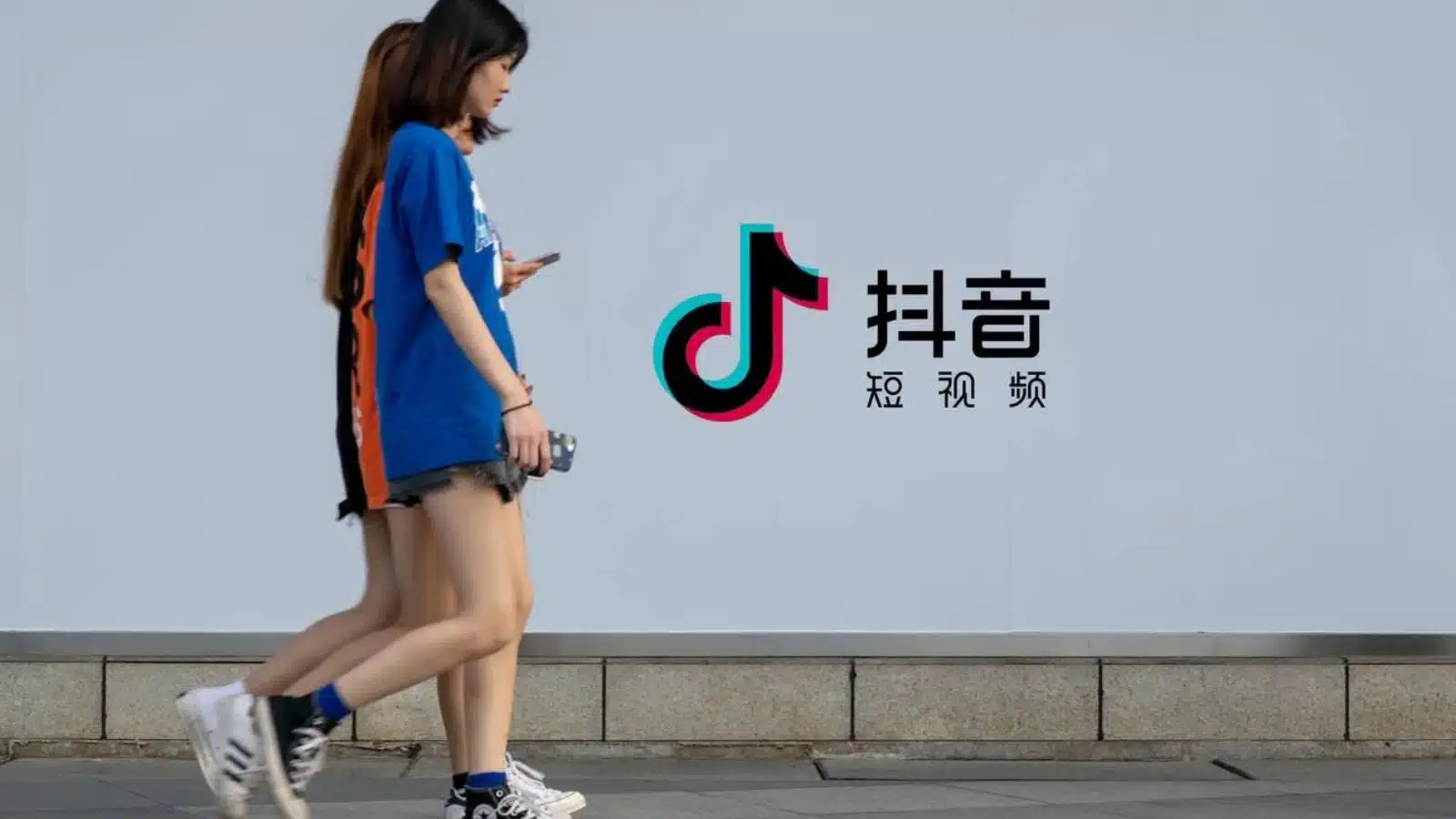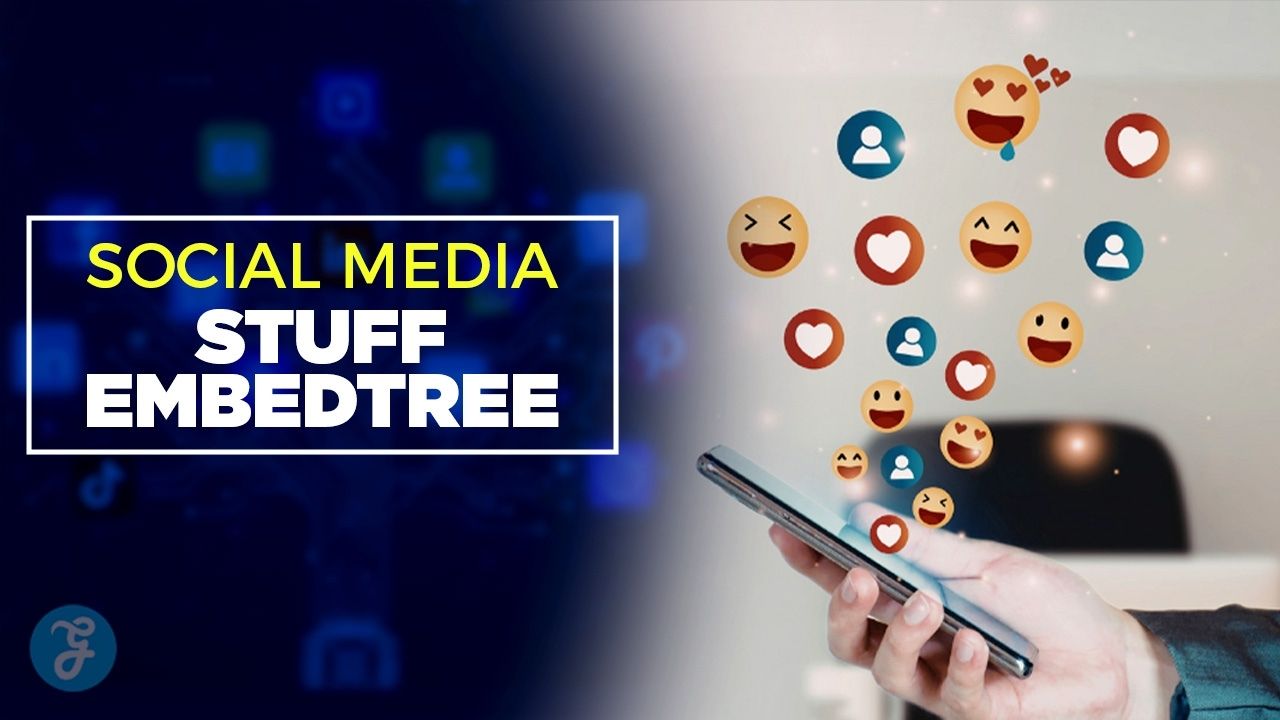The Chinese version of TikTok, Douyin, is developing some innovative new technologies to assist users in identifying artificial intelligence (AI)-generated content.
TikTok recently announced that they will automatically label AI-generated content (AIGC) reposted from other platforms. They accomplish this by identifying unique metadata affixed to the images or videos. Pretty neat, right? And soon, they’ll be expanding this feature to audio content as well.
ByteDance, a Beijing-based company, owns both Douyin and TikTok, but they may not use the same tagging tools. That’s because the two apps target different markets, so they might have different needs and preferences.
The Coalition for Content Provenance and Authenticity (C2PA) developed the tagging technology that TikTok uses. It basically attaches a special kind of metadata to all types of content, which makes it easier to figure out where the information originally came from.
And get this: some of the biggest names in tech, like Google, Meta (you know, the company that owns Facebook), Adobe, and even ChatGPT creator OpenAI, are all planning to use C2PA’s “content credentials” technique too. TikTok says they’ll be hopping on board in the next few months, so other platforms can verify content that’s been reposted from the app.
Now, it’s important to note that this metadata-tagging stuff isn’t perfect. It’s not always possible to identify all AIGC, and there are ways to get around it (like taking a screenshot of an AIGC image). But C2PA says their “content credentials” technique will at least let people know if a file doesn’t have any historical data.
Over in China, Douyin (which has a whopping 600 million daily active users!) has been working on a similar initiative. They published a standard last year for adding labels and metadata to AIGC, but the industry hasn’t widely adopted it yet.
All of this is happening because people are starting to pay more attention to the potential downsides of AI, both in China and around the world.
For example, earlier this year, a Ukrainian YouTuber complained that Douyin had used AI to clone her face and voice, creating videos of a fake Russian woman selling products in China. Her outrage stemmed not only from the theft of her identity but also from the ongoing conflict between her home country and Russia.
And last year, a Chinese clothing brand got in trouble for using AI to change a salesperson’s face to look like a famous actress and singer, Yang Mi, during a live-streaming session.
Therefore, as AI advances, it’s critical that businesses like TikTok and Douyin take action to assist users in distinguishing between artificial intelligence and reality. Despite the complexity of the issue, it’s encouraging to witness some progress!
The Information is Taken from Euronews and MSN









































